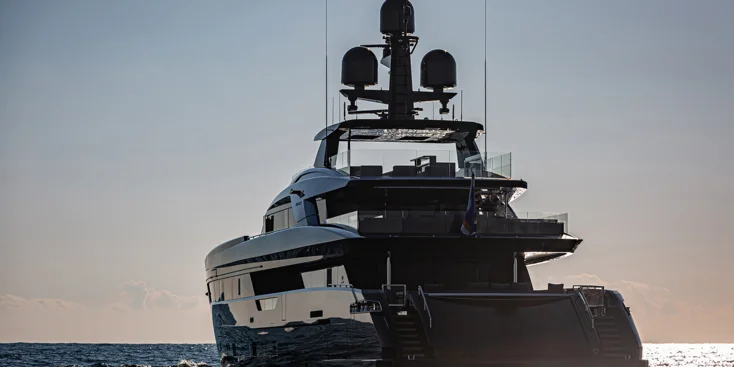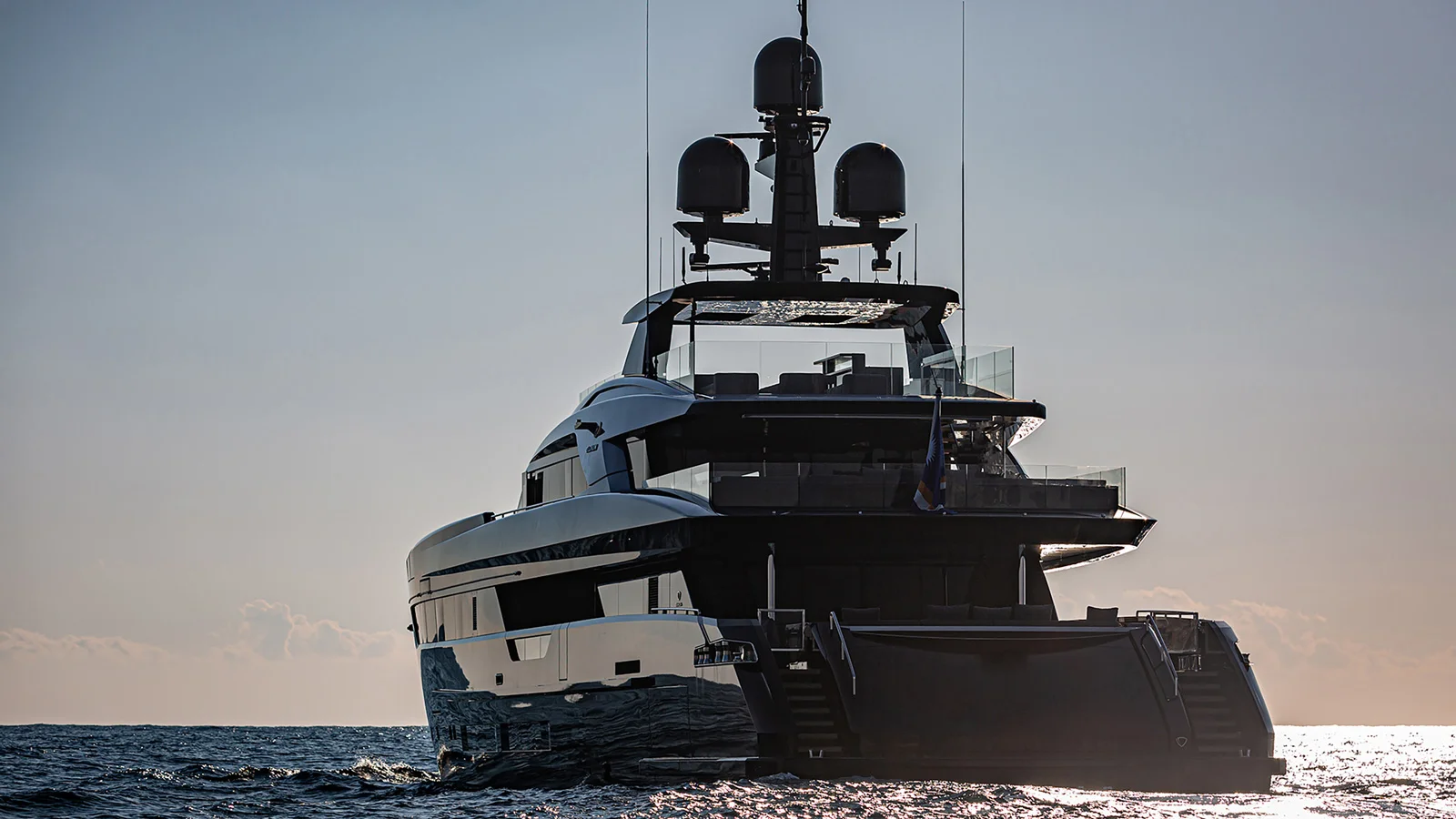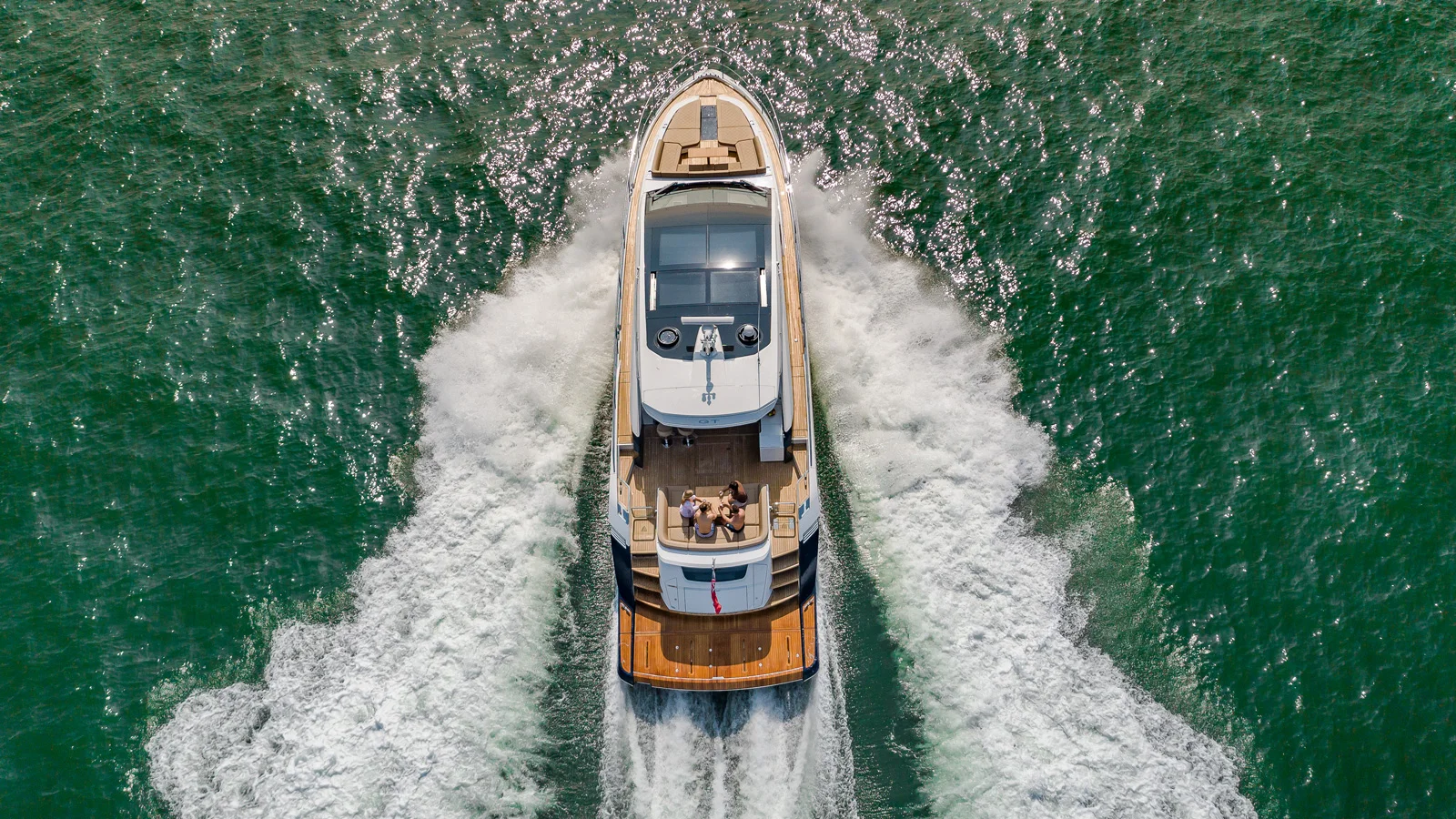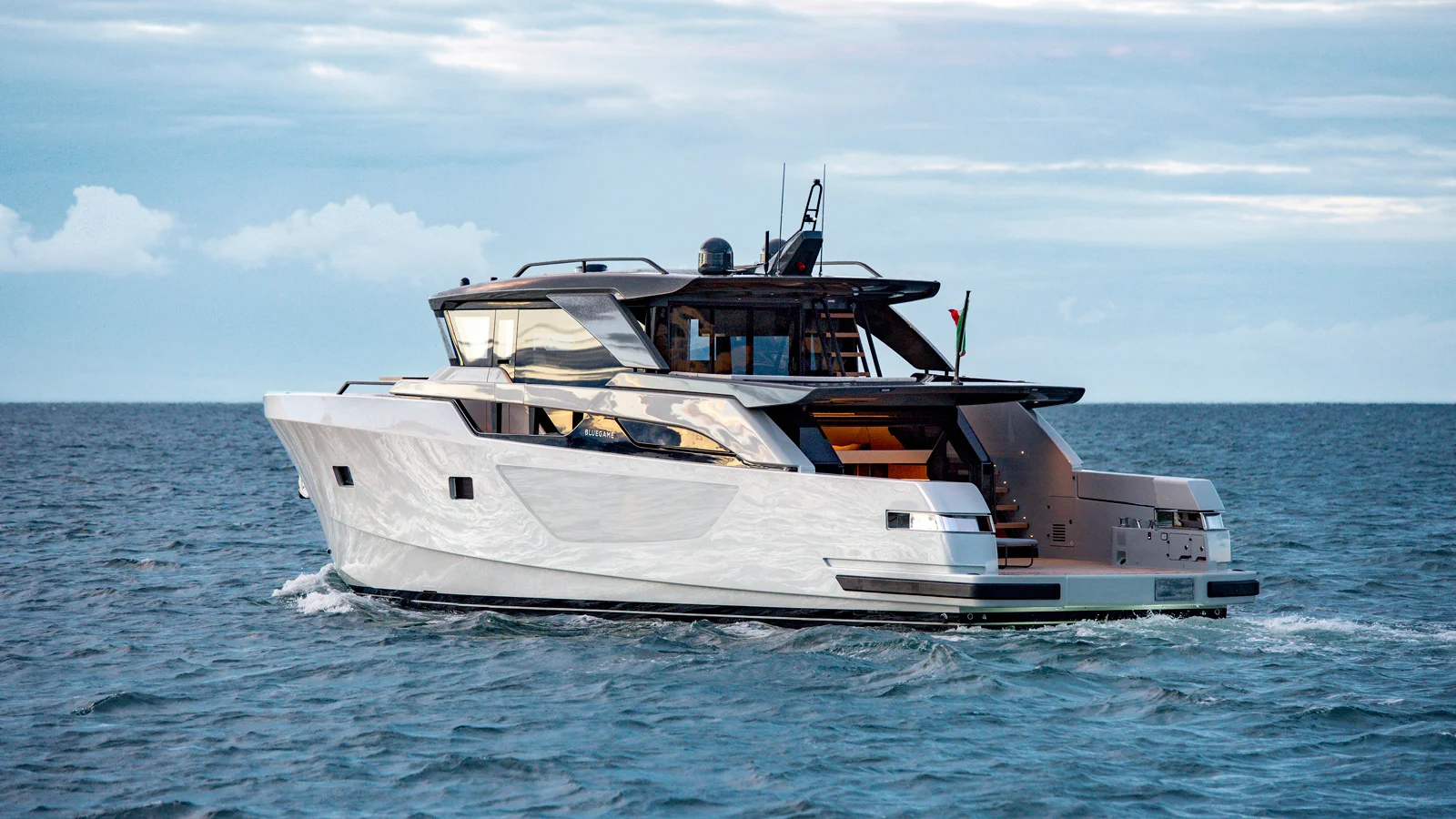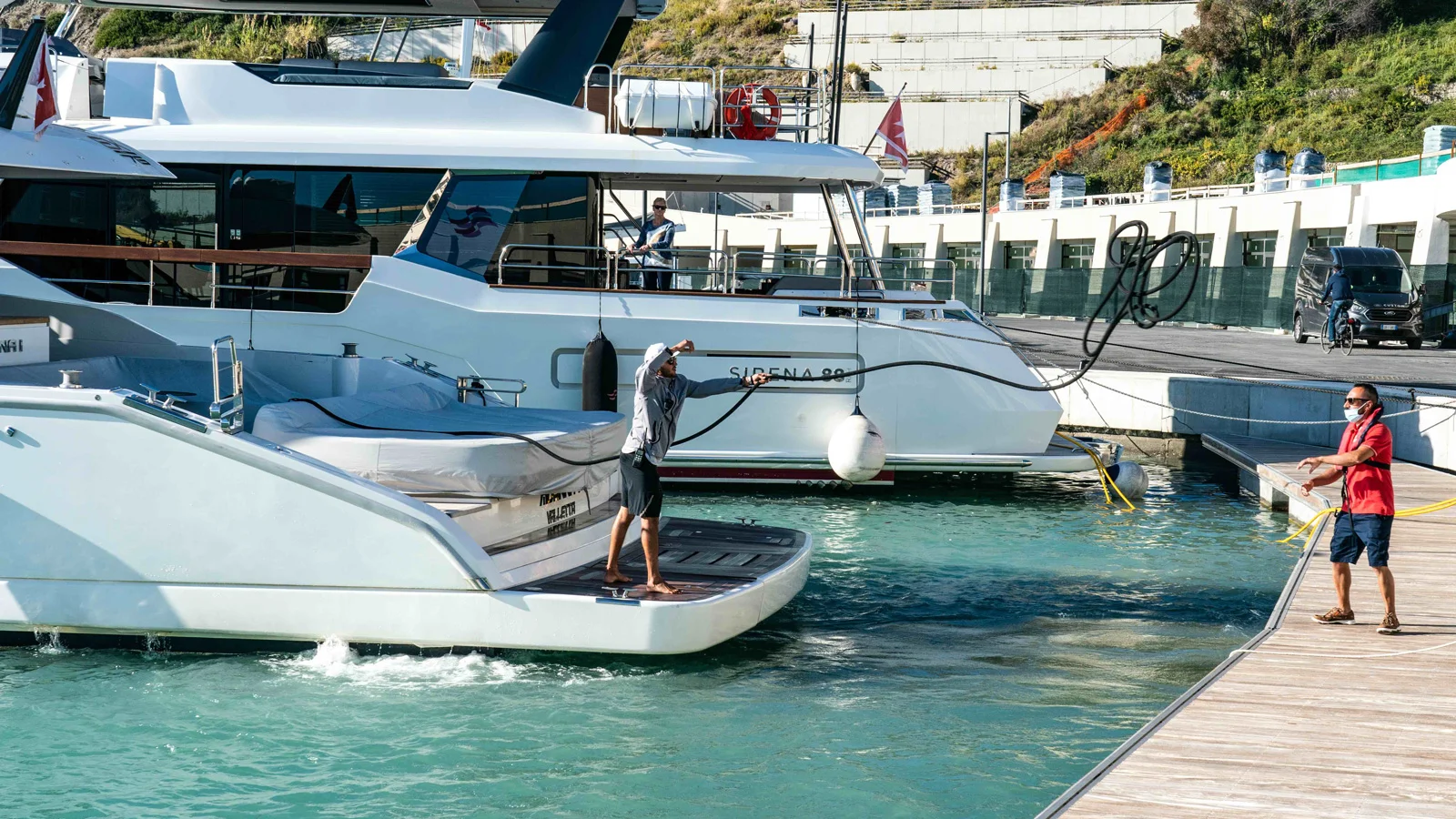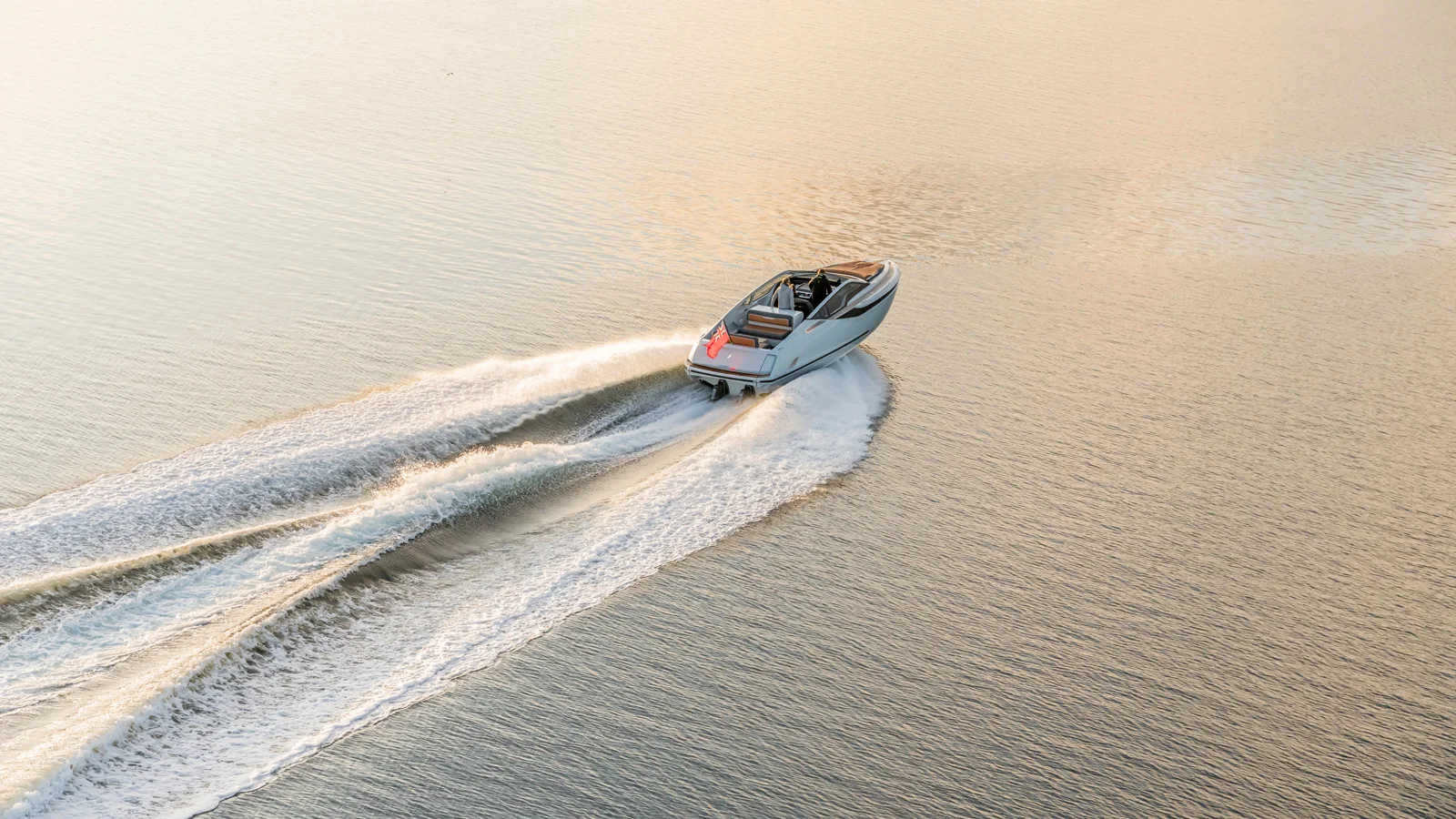First boat: what questions should you ask yourself before the purchase?
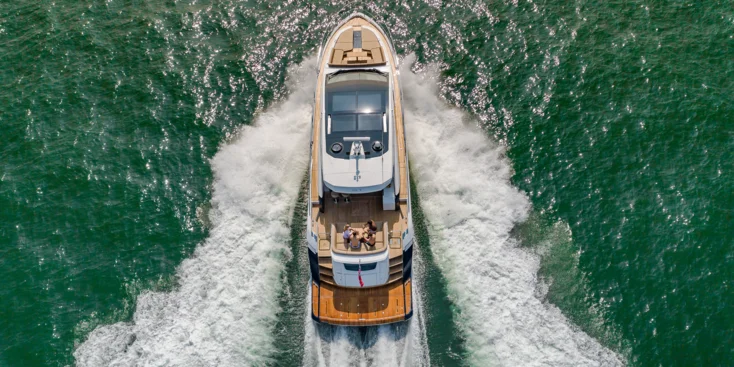
In fact, the topic of purchasing the first boat is so wide and complicated that we will come back to it more than once to look at it from different perspectives
Here are a few general tips about what questions the future owner of a boat or a yacht should answer before purchasing the first vessel.
Question #1. Why should I buy a boat or a yacht in the first place?
The question might seem obvious, but for some reason many people find it hard to answer. Some want a boat because their neighbour or their business partner has it, that is they want it for their status or image. Others want it to go fishing. Some plan to go on holidays with family or friends, while others like water sports. There are people who are eager to go on distant voyages or experience the thrill of racing. At last, there are those who don’t want to restrict themselves and are looking for some versatile options. One way or another, the sooner you answer this question, the faster you’ll understand what options suit you best, be it a bowrider or a towboat, a fishing boat, a motor or a sailing yacht, or you might want an expedition vessel.
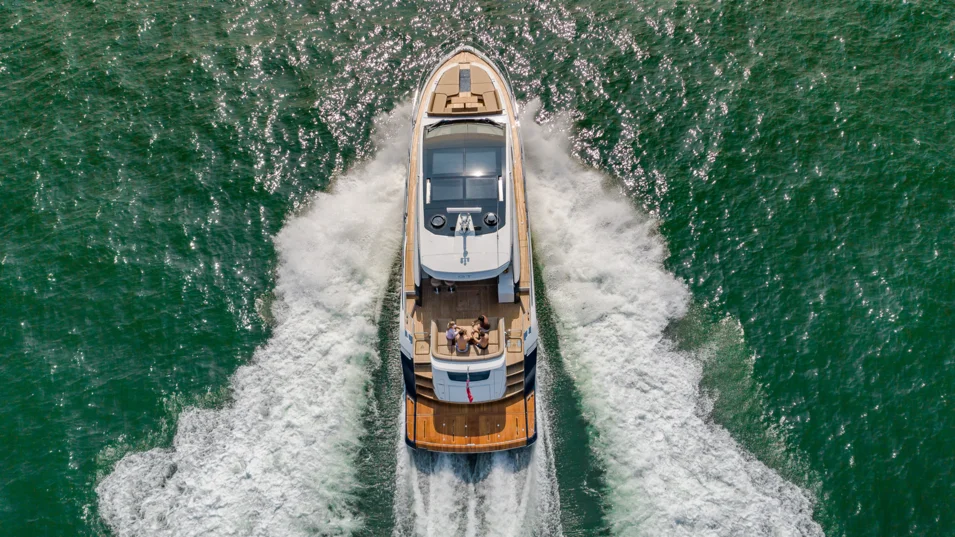
Question #2. Do I need to buy a boat of my own?
Quite a lot of newly-minted boat owners quickly arrive at the conclusion that they don’t really need a boat of their own, as they don’t use it much. A couple of times a season at most, and it just stands idle for the rest of the time. At the same time, they have to cover all the ownership, storage and maintenance costs, which can be quite considerable. Experienced owners’ tip is to charter a boat or a few different boats before buying one of your own. This way you can learn more about the advantages and drawbacks of a sailing and or a motor boat from your own experience and see if this kind of recreation appeals not only to you, but your family and friends, too.
Question #3. Does this boat really suit me?
Even if you have identified the type of boat you want, don’t rush to buy the first option that comes your way just because they are selling it cheap or a friendly broker told you that it was a great offer. Try it on the water, spend at least some time on it to put it through its paces and make sure that it really suits you. And even if it does, take a look at a few other options anyway to have something to compare it to. Most companies and boat owners are ready to organize this kind of access to the water for you – a test drive or a sea trial. Make sure you don’t miss this opportunity.
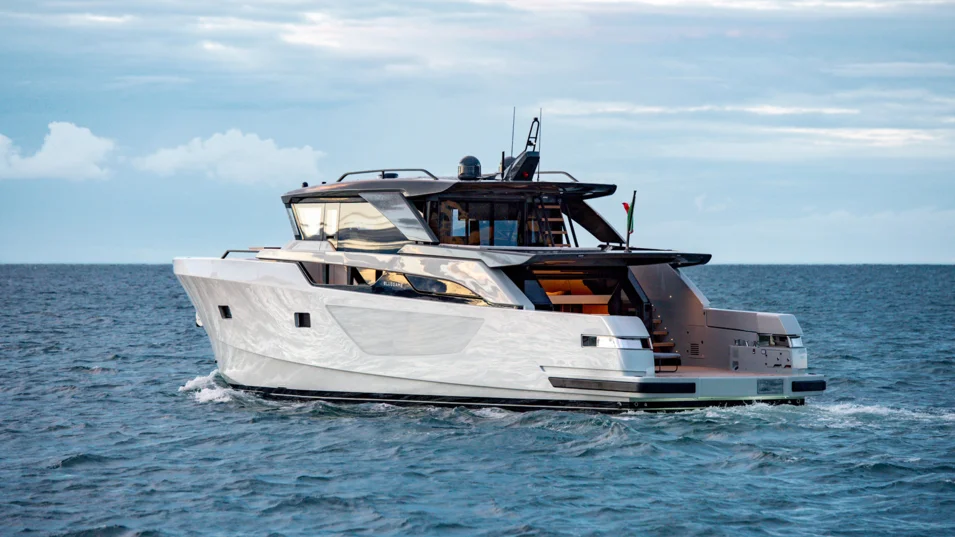
Question #4. Should I seek a larger size?
Although now this opinion is losing its former meaning and a first-timer can sometimes buy even a 100-meter superyacht, nevertheless, experienced sailors with years of ownership of various vessels behind believe that rather than going big at once, it is better to grow in size gradually. The idea of what you need onboard, expectations of what spaces and areas there should be, as well as the advantages and disadvantages of certain types of vessels – all of it gets clearer in operation. A lot of shipyards have the so called ‘entry level’ boats in their model range that future owners are recommended to start with, so that later, when they get more experience, they could increase the size of the boats they own gradually and more consciously. Besides, most modern owners who want to spend a day on the water and then go back on shore in the evening can satisfy their needs perfectly with 10-15 m cruisers.
Question #5. Where do I go?
Choose the boat depending on the water area, the climate and the operational conditions. The owners who choose yachts over 20 meters for small water areas quickly encounter some restrictions related to the boat's draft, dimensions and the inability to land if the shore is unequipped. Cruises on such boats become a real pain in the neck for their captains. On the contrary, small vessels often stand idle at sea due to the vagaries of the weather and the inability to go to sea. Besides, different water areas and peculiarities of operational conditions can clear up a lot in terms of what kind of hull one should opt for: GRP, steel or aluminum.
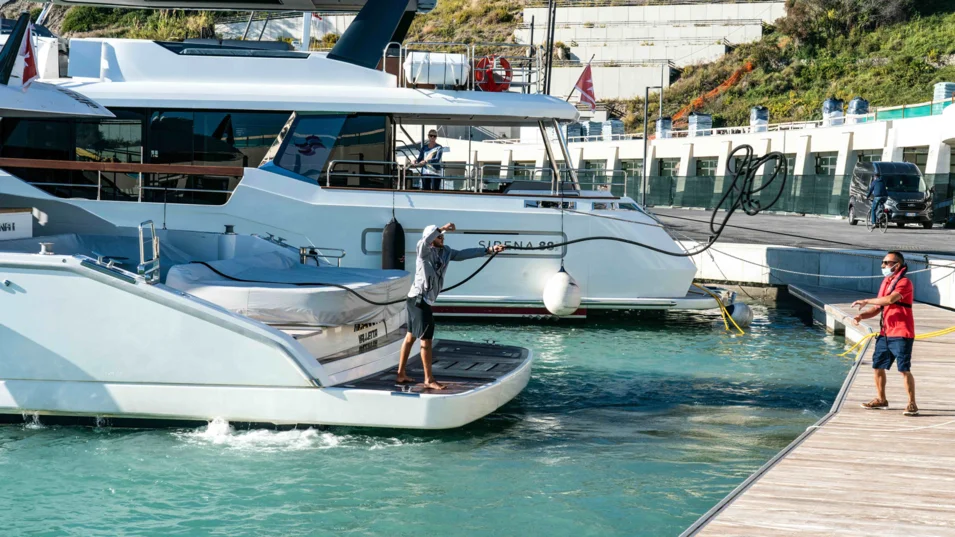
Question #6. Should I overpay for famous brands?
There is a wide-spread opinion among new sailors that all boats are the same, all engines are assembled at one plant, so one should not overpay for the brand and can save money by choosing a boat from a less or absolutely unknown brand or manufacturer. This is a misconception, and a dangerous one, because we are talking about a vessel, the breakdown of which might cost you dear. The thing is that famous brands have spent years to earn their reputation, honing various units and assemblies, so there are a lot fewer issues with their boats, and even if there are, they fix them without asking any questions. Another important argument in favour of famous brands has to do with resale. As a rule, with time boats from famous brands lose much less in value.
Question #7. Where do I store, repair and maintain my boat?
Think of these questions in advance. Most of the time your boat is going to be in a marina that may not be nearby. And even if there is, it is not necessarily equipped with everything you need: water, fuel, services. For example, a lot of people are not aware that it may take your boat a week to get so dirty that someone will actually have to prepare it for the next trip – who is going to do that? In high latitudes one will also have to think of winterizing and long-term storage and lifting the boat out of the water. You can probably handle smaller boats on your own, but you’ll have quite a job with larger ones. New owners don’t bother about repairs and maintenance in advance either, so they have to look for specialists when the season starts, wasting the time that could be spent on the water.
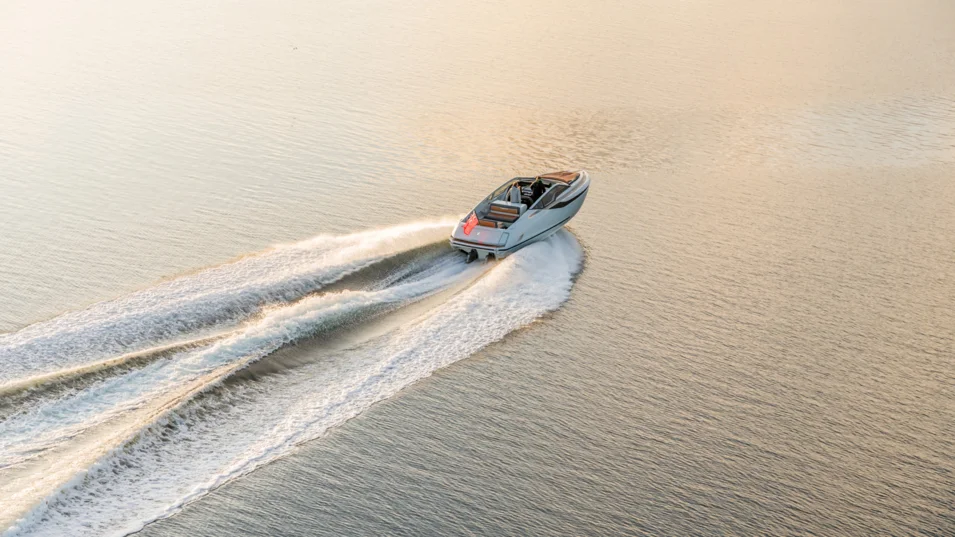
Owning a boat just like owning a car or a house has its peculiarities. The goal of the article is not to scare you or make it seem more difficult, but to warn you about the issues you might have to deal with. The better prepared you are, the longer you will relax on the water and the more pleasure you will get from owning a boat or a yacht.
